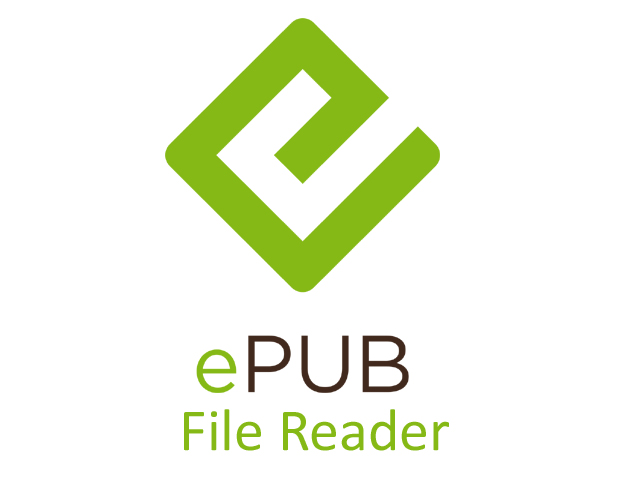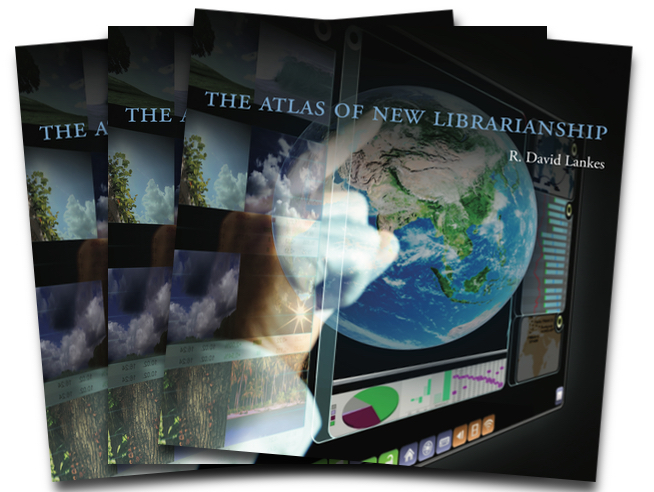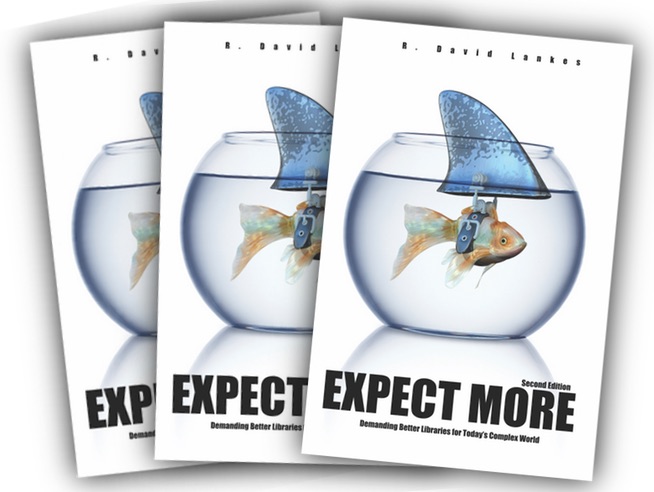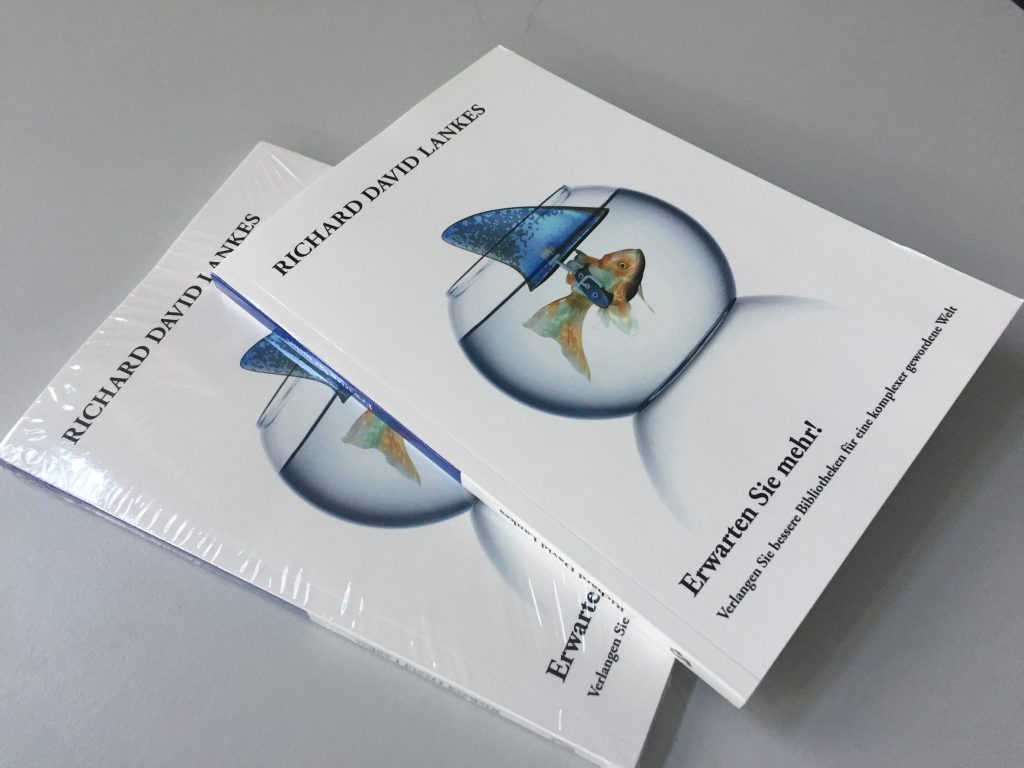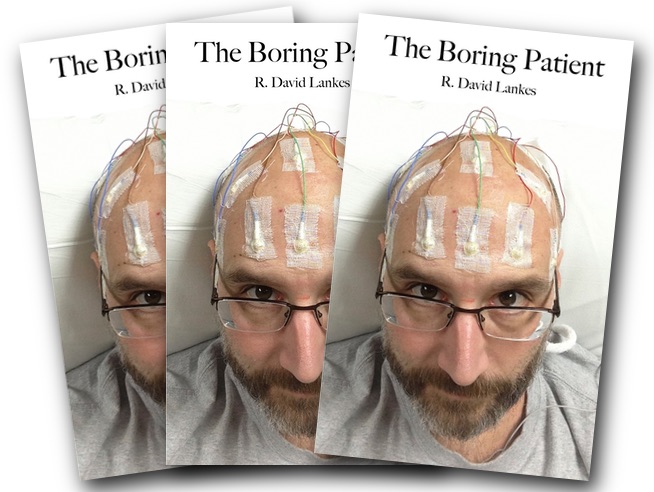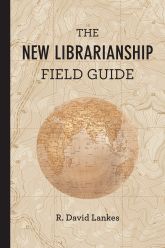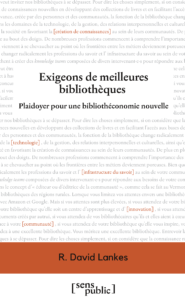 I am proud to announce the availability of Expect More in French (Exigeons de meilleures bibliothèques). Published under the Creative Commons by Ateliers de [sens public] it is free to download and is also available in print for a small cost. You can access the book here: http://ateliers.sens-public.org/exigeons-de-meilleures-bibliotheques/index.html
I am proud to announce the availability of Expect More in French (Exigeons de meilleures bibliothèques). Published under the Creative Commons by Ateliers de [sens public] it is free to download and is also available in print for a small cost. You can access the book here: http://ateliers.sens-public.org/exigeons-de-meilleures-bibliotheques/index.html
The translation under the direction of Jean-Michel Lapointe, librarian at the University of Quebec at Montreal, was the result of an amazing effort of volunteers. As Jean-Michel said
“Without their passionate commiment, this book would not exist. This is volunteer work they did on their free time because they believed in the importance of your ideas to our profession. Add to this that the project was done very quickly : 6 months in total, from its inception to the publication. A million deeply-felt thanks to them. Merci, merci, merci.
Ateliers de [sens public], a brand new subproject of Sens public, is an innovative open access monograph publisher runned by Servanne Monjour and Nicolas Sauret. Exigeons de meilleures bibliothèques is one of the three initial publications of Ateliers de [sens public]. Marcello Vitali-Rosati, holder of the Canada Research Chair in Digital Textualities, initiated the project with Sens Public – a peer-review open access journal of which he is the editor in chief — and was of great help throughout the editorial process. Marcello, through his chair, gave vital financial support to carry out the publication, including the meticulous proof reading work of Margot Mellet. Many grateful thanks to them.”
So very special thanks to those who contributed to the translation:
- Isabelle Bastien, bibliothécaire à l’Université de Montréal
- Lilen Colombino, étudiante à l’École de bibliothéconomie et des sciences de l’information de l’Université de Montréal
- Marie D. Martel, professeure adjointe à l’École de bibliothéconomie et des sciences de l’information de l’Université de Montréal
- Pascale Félizat-Chartier, directrice générale de la Corporation des bibliothécaires professionnels du Québec (CBPQ)
- Adèle Flannery, bibliothécaire à l’Université du Québec à Montréal (UQAM)
- Catherine Forget, bibliothécaire à l’École de technologie supérieure (ÉTS) de Montréal
- Jean-Michel Lapointe, bibliothécaire à l’Université du Québec à Montréal (UQAM)
- Michael David Miller, bibliothécaire à l’Université McGill
- Réjean Savard, professeur honoraire à l’École de bibliothéconomie et des sciences de l’information de l’Université de Montréal et président de l’Asted
- Louise Struthers, bibliothécaire à la bibliothèque publique de Saint- Lambert
- Ekaterina Valkova-Damova, bibliothécaire en chef, Montreal West Children’s Library
And thanks to Marcello Vitali-Rosati and Margot Mellet.
The translation is part of lead up to Congrès des professionnels de l’information in Montréal. And more is planned for the future, so stay tuned.
Expect More is now available in English, Portuguese, German, and now French! It demonstrates the power of open access and librarianship.
Interested in translating Expect More or the Atlas of New Librarianship? Please let me know how I can help.

